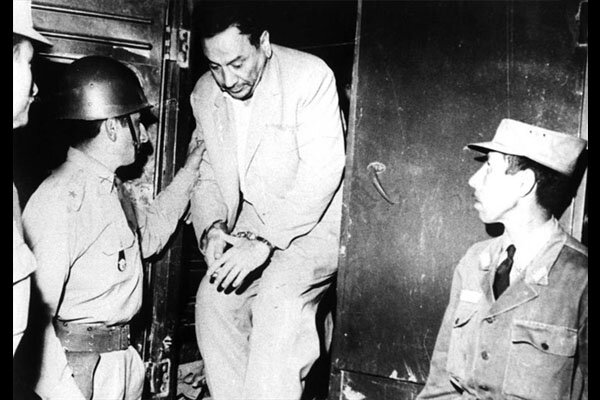The ancient Greeks may have loved sports because males grew up participating in them. As Lunt notes, every Greek city had its own gymnasium, where local males took off their clothes and competed in the nude at various sports, such as wrestling and foot races.
“The Greeks valued physical and athletic prowess, and the toned male body was sought after as aesthetically pleasing,” says Zina Giannopoulou, an associate professor of classics at the University of California, Irvine who has compared the ancient and modern Olympics. “Physical strength and prowess were also signs of moral strength, denoting self-discipline, hard work, and dedication to winning.” Athletes were seen as the epitome of arete, a Greek word that means virtue or excellence. Disclaimer: Mankind’s earliest sports grew out of survival skills. Wrestling is considered one of the very first, with depictions found in the Lascaux cave paintings in France dating back over 15,000 years. Running also has prehistoric roots, since speed was crucial for both hunting and escaping danger; by around 3,000 BCE, footraces were already being held in Egypt and Mesopotamia, and the very first Olympic event in Greece in 776 BCE was a sprint known as the stadion.


